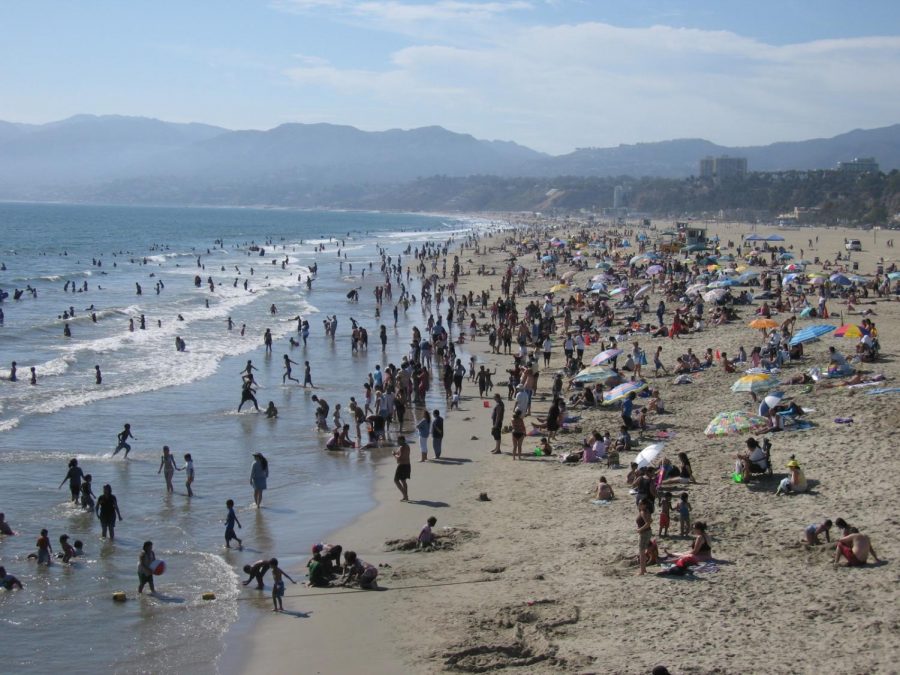Don’t get “tide” down by beach fees
Creative commons photo courtesy of Jan
As outlined in the long-standing Public Trust Doctrine, the public holds the right to use the resources of shorelines between high and low tide lines, regardless of private ownership. https://creativecommons.org/licenses/by/2.0/
June 20, 2019
The feeling of warm sand between your toes, the cool gusts of briny air as the waves crash, the giggles of children as squabbling seagulls fly overhead. Nothing compares to the ideal summer at the Jersey Shore.
But, unfortunately, beach access is not free to all, so neither is this vision of summertime fun.
As outlined in the long-standing Public Trust Doctrine, the public holds the right to use the resources of shorelines between high and low tide lines, regardless of private ownership. With beach access restrictions throughout New Jersey, however, private owners take away this public right.
Obviously, running a safe, fun beach in the summer requires some revenue to pay for maintenance and lifeguards, but beach fees are not the only option for generating it. In fact, although beach badges and fees are customary in most of New Jersey, many coastal areas throughout the United States do not charge people to merely step foot on the beach.
The Wildwoods host one of New Jersey’s token free beaches. Rather than implementing
beach fees, hotel and motels rooms in Wildwood, Wildwood Crescent and North Wildwood are assessed with a 1.85 percent surcharge, according to the Asbury Park Press.
In addition to the surcharge, there is also a tourism development authority which contributes $700,000 a year to the three towns. Other locations with free beach access earn money for beach maintenance through extra taxes and paid parking, all of which are better and fairer, options than beach badges.
Eliminating beach fees would not only help beachgoers, but local businesses as well. If beach access was free, beachgoers would be likely to spend more money in local shops, which in turn would help the town economies. In an NJ.com poll regarding paying for beach tags, 401 out of 504 people said beach tags should be free, and also agreed that they would spend more money in local shops if they did not have to pay for beach access.
Simply stated, beach access should be free because it can be free. Beach access is a public right, so it should not be taken away if there are other options.















